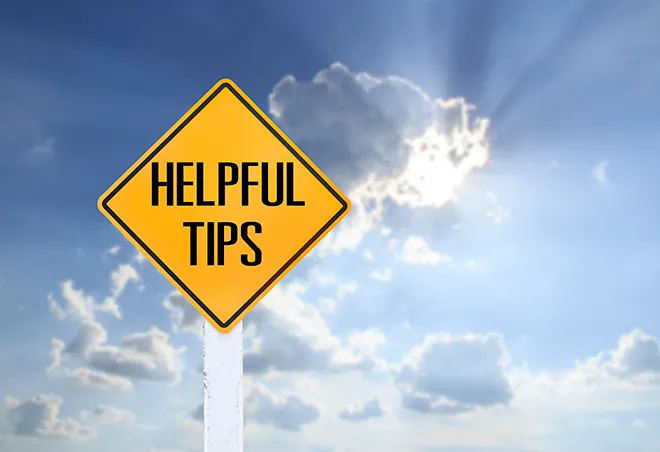
Helpful Tips - National Telecommunicator’s Week
An emergency arises and you call 9-1-1 for help, but you don’t know what to tell the dispatcher because you’ve suddenly forgotten your address. Being prepared can help eliminate some of the stress that sets in during emergencies. National Public Safety Telecommunicator’s Week and 9-1-1 Education Month serve as important reminders that being prepared can make all the difference!
National Public Safety Telecommunicator’s Week (NPSTW) is the second week of April and goes hand-in-hand with 9-1-1 Education Month. NPSTW gives us the opportunity to thank 9-1-1 call takers, dispatchers, technicians who maintain radio and emergency phone systems, communications staff trainers, supervisors and managers, and other telecommunications staff across the country who work hard every day to protect our communities. 9-1-1 Education Month is also a great time to reiterate the importance of community members being prepared to call 9-1-1. This ensures they are assisted as quickly and as efficiently as possible.
Knowing when to call and what to expect when you call 9-1-1 can help reduce fear and feelings of helplessness in an emergency. Critical elements to keep in mind are as follows:
- Know where you are. Could you tell 9-1-1 exactly where to find you?
- Provide the call taker with landmarks, such as cross streets and mileposts so they can locate you more easily.
- The call taker may not automatically know your location or may ask you to confirm it.
- Whenever possible, use a landline to call 9-1-1. Cell phone calls aren’t always routed to the closest call center.
- Always be aware of your surroundings.
- Lock your keypad when you’re not using your phone so 9-1-1 is not dialed by mistake.
- Do not give your old phones to children as toys. A wireless phone with no active service can still call 9-1-1.
- It is appropriate to call 9-1-1 when you need to save a life, stop a crime or report a fire. 9-1-1 is for emergency use only.
- Don’t hang up if you accidentally call 9-1-1. Stay on the line and tell the operator/dispatcher that you do not have an emergency.
- If you dial 9-1-1 for a non-emergency matter, you are tying up resources that could be needed in a real emergency.
- Stay calm, stay on the line and be ready to listen. 9-1-1 is there to help you until additional assistance arrives.
Resources for 9-1-1 Education Month
- National Emergency Number Association Website
- Things Everyone Needs to Know about 9-1-1 Brochure
- 9-1-1 Video PSA from NENA
Take a moment to thank those who protect our communities every day. Being prepared can save a life and lighten the degree of stress facing your emergency personnel. In an emergency, seconds matter, so staying informed and prepared can make all the difference.
Source: National Emergency Number Association














